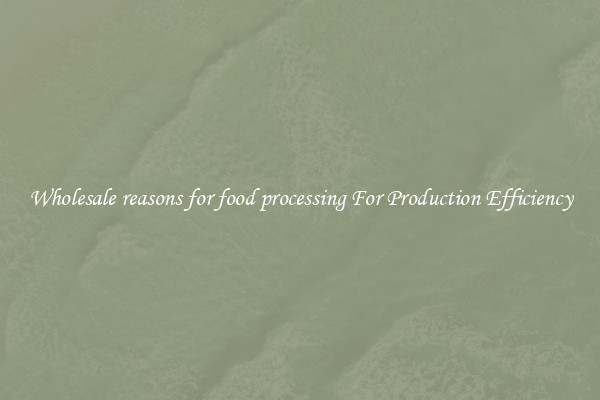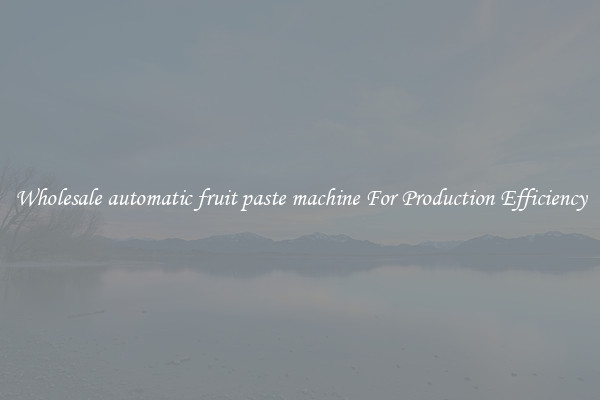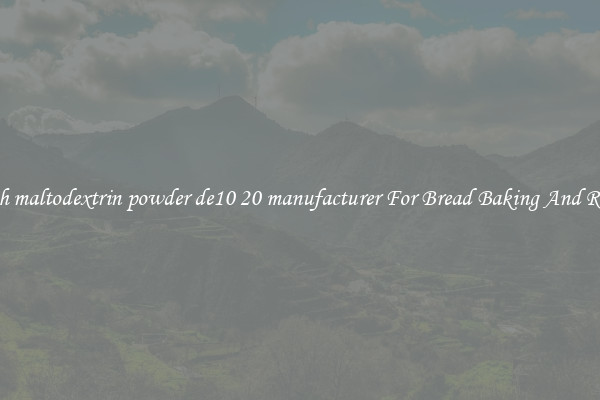Wholesale reasons for food processing For Production Efficiency
In the food industry, wholesale food processing plays a crucial role in enhancing production efficiency. Food processing refers to the transformation of raw ingredients into finished products. This process not only enhances the shelf life of the food but also improves its taste and nutritional value. Let us explore some wholesale reasons for food processing and how it contributes to production efficiency.

One of the main reasons for wholesale food processing is to ensure food safety. Raw ingredients often contain harmful bacteria and microorganisms that can lead to foodborne illnesses. Through processes like pasteurization and sterilization, wholesale food processing kills these pathogens, making the food safe for consumption. This reduces the risk of contamination during transportation and storage, increasing the overall production efficiency.
Another reason for food processing is to enhance the shelf life of perishable goods. Many fruits and vegetables have a short lifespan and tend to spoil quickly. By processing these goods, such as canning or freezing, their shelf life can be extended significantly. This allows wholesalers to carry larger inventories without the fear of spoilage, resulting in reduced waste and improved production efficiency.
Wholesale food processing also helps to optimize the utilization of raw materials. During processing, various parts of the raw ingredients can be utilized, minimizing waste. For example, in the production of fruit juices, the pulp and peels that are typically discarded can be used to make dietary fiber supplements or other products. By utilizing every part of the raw materials, wholesalers maximize their profit margins and reduce costs, further enhancing production efficiency.
Additionally, food processing allows for consistent quality and taste across batches. Natural products may vary in taste, texture, and appearance due to factors like weather conditions and soil quality. However, through food processing, these inconsistencies can be minimized, ensuring a consistent product that meets customer expectations. This consistency not only enhances customer satisfaction but also helps in building a strong brand reputation, leading to increased sales and improved production efficiency.
Furthermore, wholesale food processing enables the production of value-added products. By adding flavors, preservatives, and other ingredients, wholesalers can create unique and specialized products that cater to specific consumer preferences. For example, adding different spices can create a range of flavored chips or snacks. These value-added products have higher profit margins and can capture niche markets, contributing to increased production efficiency.
In conclusion, wholesale food processing is crucial for enhancing production efficiency in the food industry. It ensures food safety, extends shelf life, optimizes raw material utilization, maintains consistent quality, and enables the production of value-added products. By capitalizing on these wholesale reasons for food processing, wholesalers can streamline their operations, reduce wastage, and ultimately improve their overall production efficiency.

View details

View details

View details

View details








